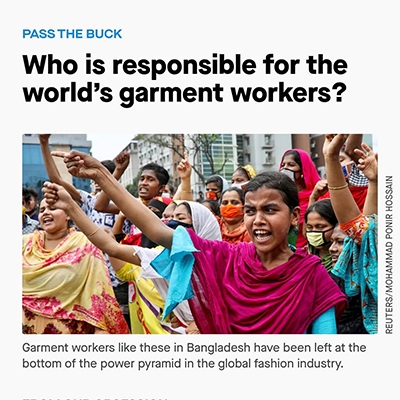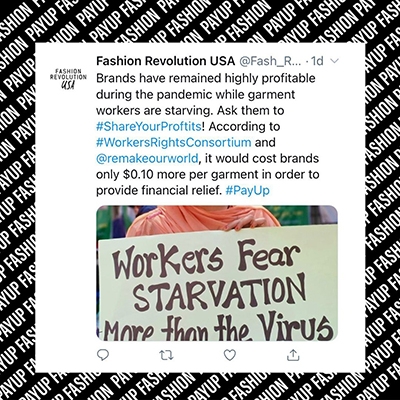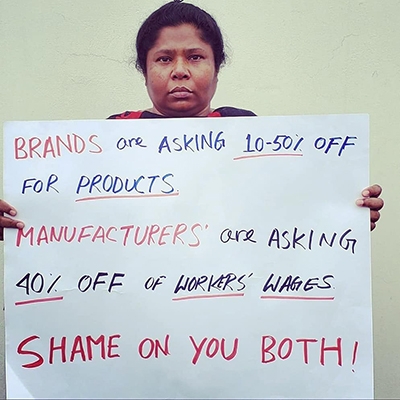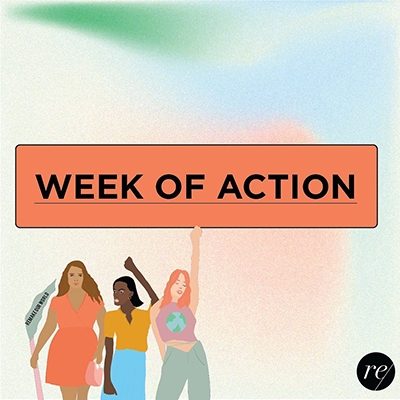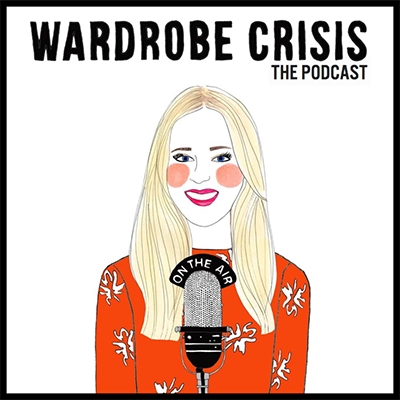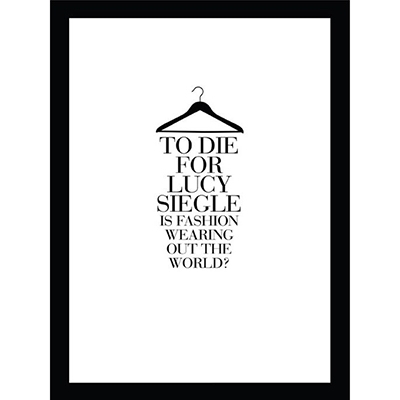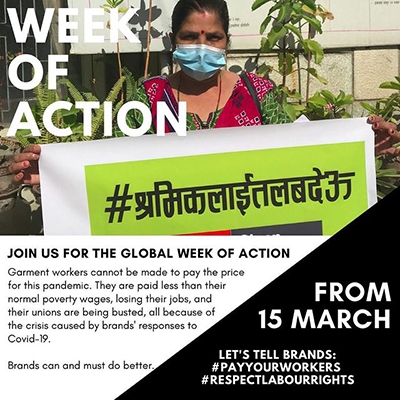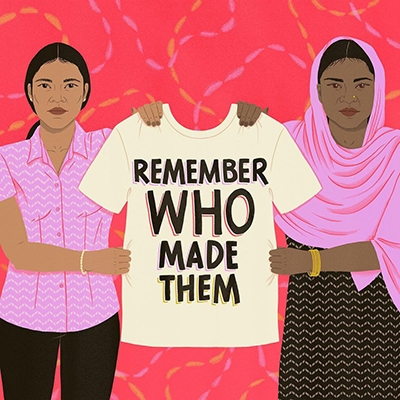International Women’s Day – Honour Female Garment Workers
On March 8th we celebrate International Women’s Day. And now more than ever it’s important to recognise all womxn, especially those put at risk to make our clothes. We investigate how we can honour female garment workers.
What Is International Womens Day?
International Women’s Day is the perfect occasion to celebrate the women that, directly or indirectly, play a part in our lives. It’s a chance to show gratitude, and to demand solidarity. International Women’s Day describes itself as “a collective day of global celebration and a call for gender parity”. No one group is precisely responsible for the event, it’s seen as a convergence of worldwide movements and events urging for the respect of women’s rights.
There are several versions of how International Women’s Day was inaugurated, but all stories lead back to 1908. In that year, 15,000 women marched through New York City to protest violence against garment workers. As well as this they demanded better pay, better working conditions and voting rights. Their notorious slogan was “Bread and Roses”, implying the need for better wages and a better quality of life. However the roots of this celebration have an underlying common factor, female workers. Initially, it was known as “International Working Women’s Day,” focusing on giving labouring women fair working conditions and pay.
Why Female Garment Workers?
It comes as no surprise that sustainable fashion and female rights are inevitably intertwined. Women make up the majority of garment workers around the world. The decisions we make when we shop for new clothes used to be relegated to a superficial rhetoric of mere appearance. But there are a multitude of ethical implications behind misogynistic prejudices around fashion. The women making our garments tend to be living in poorer countries in the Global South, where education or employment opportunities may be lacking. This is often due to societal pressures or outdated notions of what work women can do. Women in these countries are highly likely to have a number of dependents too, meaning their meagre wage has to be shared around. We know that when women are paid fairly, entire communities benefit. On March 8th, let’s take the time to reconsider our shopping habits to celebrate those women.
It’s hard to pin down the exact number of how many garment workers are women. This is due to the fact that some are unregistered workers, and also because of the large amount of unregulated subcontracting that is done by manufacturers. However it’s highly likely that most of the clothes you own were crafted by a woman or girl’s hands. In Bangladesh, the world’s second-largest clothing exporter after China, female garment workers are 80% of the workforce. The proportion is nearly the same in Vietnam, while in Cambodia, women reach an estimated 90% of the garment factories’ workers. Women are estimated to make up approximately three-quarters of garment workers worldwide.
Do you work in sustainability?
The WIP is our new digital platform for eco aware brand founders, entrepreneurs and side hustlers. It's a place to find community as well as learning resources. Launching this Winter, you can sign up for updates below.
Surely Things Are Better Today?
Women need equal pay for equal work. It is also crucial that they have the ability to bargain for better wages. Unionising is often the best way to do this, although some brands and companies make this difficult for their workers. The global pandemic was another wake-up call for the fashion industry. Globally, fashion brands have refused to pay for over $16 billion worth of cancelled goods since the outbreak of COVID-19. After their stores were closed, brands and retailers responded by pushing the risk down their supply chains, cancelling orders placed before the crisis, some of which had already been made and shipped. This financially devastated factories and impacted garment workers, in dramatic ways. If you want to learn more about how you can help, read our guide to the #PayUp movement organised by Remake.
If you think that the UK is doing much better, we don’t have good news. In 2020 Boohoo was accused of modern slavery and health and safety violations. The company was to found to be paying its garment workers in Leicester as little as £3.50 an hour. They were also caught operating during the early 2020’s local lockdown without additional hygiene or social distancing measures in place. Many staff reported that they feared for their safety but were forced to go into work because they couldn’t afford to lose their jobs.
Why Are So Many Garment Workers Female?
Around the world, women still remain excluded from education and certain jobs. Craft production is the 2nd largest employer of women in developing economies. Craftsmanship, which typically requires no formal education or training, has traditionally been a blessing to women, as it gave them impressive creative expertise but also valuable economic opportunities to support themselves and their families. In Jordan, only 14% of women are part of the labour force, yet 70% of garment workers are women.
Typically, these women’s working and living conditions have much to be desired. Some may be denied sick leave, forced to work extremely long hours or be fired for being pregnant. In Banglasdeshi factories stories of beatings, mental and sexual abuse at the hands of management as well as union busting have all been reported. Union busting is also reported in the Philippines and Cambodia where fast fashion brands employing the factories in question have largely remained silent on the issue. (You can learn more about this by listening to our podcast Style With Substance.) These are problems the industry was aware of years ago, yet they are still rife today.
How Can You Help?
Questioning where your garments were produced and how they were produced is, in fact, activism and an act of feminism. Simply avoiding brands that manufacture in low-cost countries isn’t the solution however. As Activist Kalpona Akter says, when you boycott brands who produce in the Global South, this only harms the workers. Instead encourage brands to understand that we will change our shopping habits to reflect our beliefs. By voting with your wallet, this will help make tangible change. As shoppers, we can take responsibility by demanding that brands work exclusively with factories that respect women and that pay them fairly. As well as purchasing from brands with transparent and ethical supply chains.
Women are still fighting for their rights, and it’s undeniable that women’s rights make the world a better place. Some of the battles they’re fighting are sadly the same as they were a century ago. We should honour them all, past and present, by remembering how much work still remains to be done.
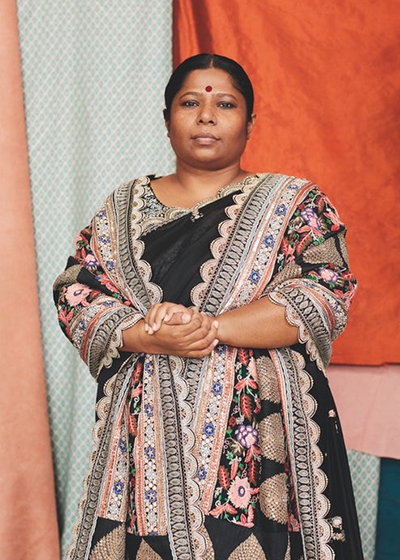
Image: Kalpona Akter / BOF
Exciting resources We Recommend To Learn More
Did This Put A Smile On Your Face? Why Not Subscribe?
If you enjoyed this then theres plenty more on our email newsletters that you'll love. Whether you're a sustainable newbie or an eco conscious pro, our bi monthly emails will inspire you to live sustainably and ethically.

